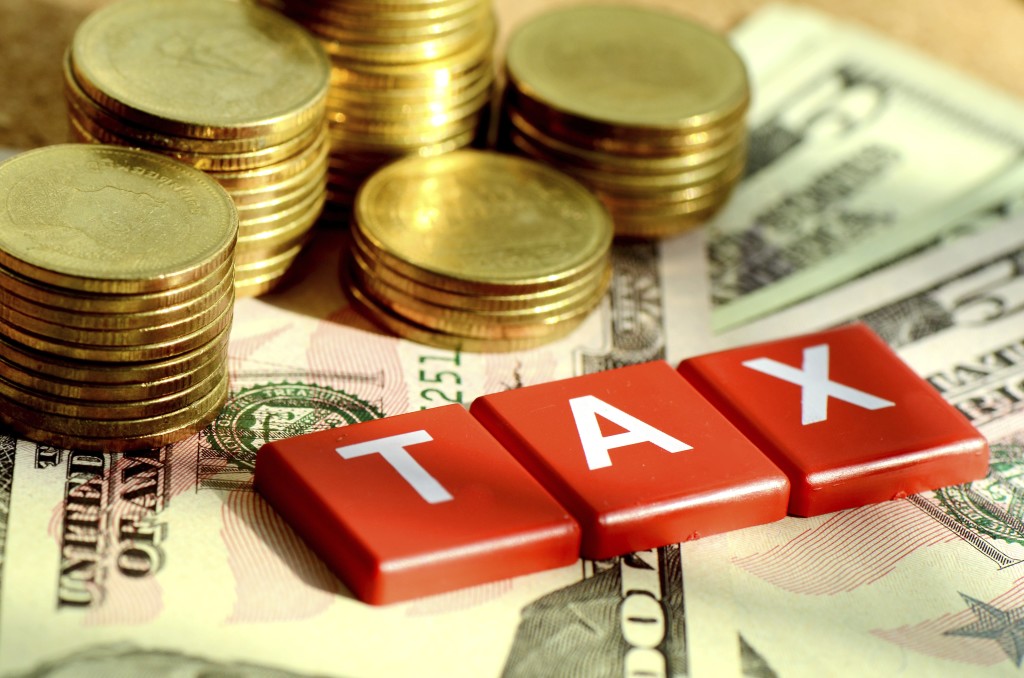“American company moves overseas.” We’ve all seen the headline before. Now you can add Johnson Controls to the list—the Milwaukee-based auto parts supplier announced last week that it’s merging with Ireland-based Tyco International.
The big move is only the latest example of so-called tax inversion, whereby a company relocates its corporate headquarters to pay lower taxes abroad. American pharma giant Pfizer recently announced a $160 billion merger with Irish drug company Allergen. Burger King’s $11 billion purchase of Canadian chain Tim Hortons also comes to mind.
There’s a reason why tax inversion is so commonplace: U.S. companies pay corporate tax rates of around 35 percent or more, while their foreign competitors pay much less in their respective countries—Ireland, for example, has a corporate tax rate of 12.5 percent. In fact, the United States has the highest corporate tax rate of any developed country. Footing that bill is an uphill battle for many businesses. And those who can’t compete are left vulnerable to foreign takeovers.
Moving overseas allows companies to pay less in taxes and keep more of their profits—which can then be used to invest back in the United States with additional locations and new employees, and produce more goods and services for the public.
Current law taxes U.S. companies doing business outside the country twice, once in the country where the profits are earned and then again when the money comes back to the United States. This double taxation puts these companies at a competitive disadvantage with foreign competitors, who are free to invest in the United States without fear of double taxation. And it leaves American companies with less money to spend on business expansion and the labor force.
Take a commuter who lives in one city and works in another. If the rules were set up so that he or she paid taxes on their income in both cities—double taxation—it would be in the commuter’s best interest to move to the city with the lower tax rate. Doing so wouldn’t be greedy or disloyal to one city or the other—it would just save the commuter money to spend in other ways.
The same logic applies to businesses. As it stands now, U.S. companies are holding roughly $2.1 trillion abroad to avoid the double taxation waiting for them if they were to reinvest it in the United States. They aren’t being greedy or unpatriotic—it just makes sense for them to save money.
To bring that money home, policymakers should focus on corporate tax reform—which would make America’s business climate more attractive for all kinds of companies. Villainizing companies for playing by the rules and paying lower taxes elsewhere doesn’t solve anything. Neither do additional government regulations.
We need to encourage businesses to stay put, not overwhelm them with extra rules and fees.
For more information about tax inversions, you can watch our video here.



